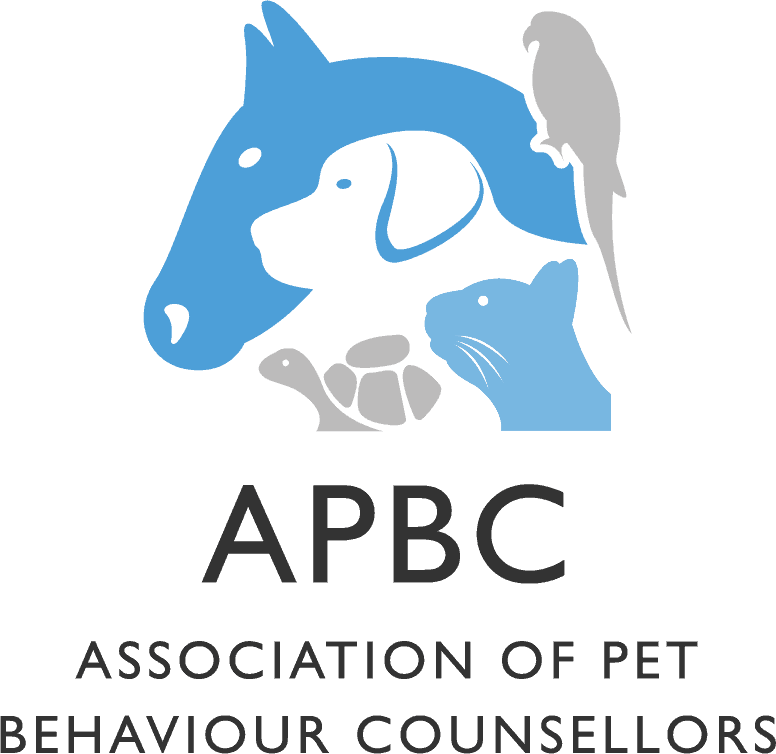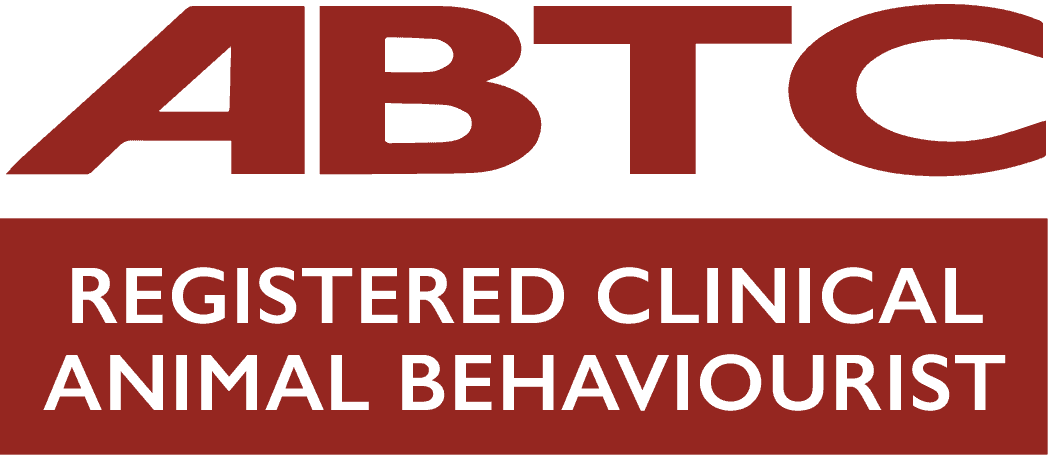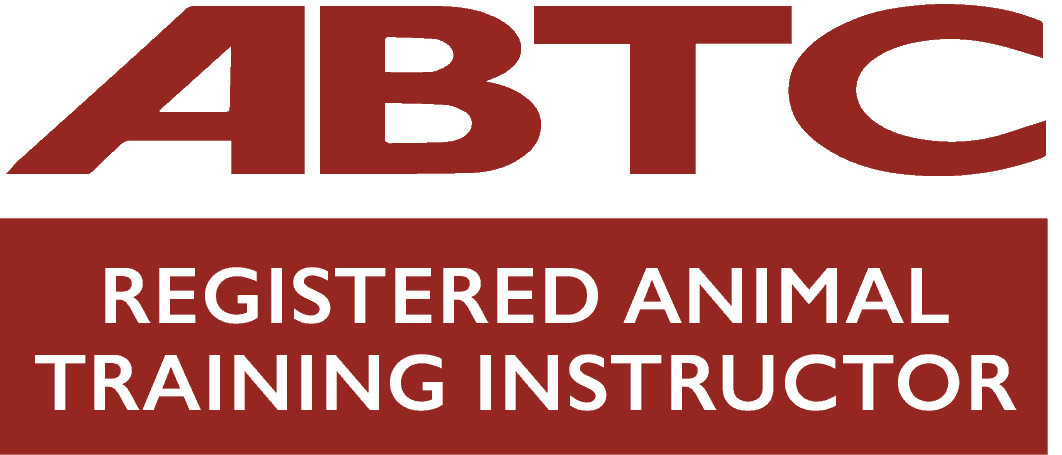find out about me
About
The Mission
Er, so mission sounds kind of big, but it’s probably important to tell you where I’m coming from
This is one of those phrases that has many meanings (for me anyway). For sure I’m talking about our own attitudes, but believe me I’m not into the whole unicorns and rainbows everything is awesome regardless, type of attitude. But…….I am going to tell you to look for the positives, to focus on those, on where you want to be going, or if we are going to take this back to living with your dog – what exactly is it that you want your dog to do when X happens? Your attitude to training and living with your dog counts, probably way more than you realise, and I’m making it my mission to show people how and why.
To me though Attitude is everything really comes into its own when we consider the dog and ask the question – how is my dog feeling about this? Yep, dogs have emotions, and they matter.
We’ve all seen that ploddy dog who is well behaved but frankly that’s just because he doesn’t do much. He basically lives to stay out of trouble, he doesn’t look like he’s enjoying his life much. I don’t know about you but I didn’t get a dog with the idea that he would live life with me as a series of successful avoidance missions and drag himself through life looking miserable the whole time. I love seeing a dog live his life with joy and enthusiasm and spark and yeah ok, I admit it, I love those dogs that are just a teeny bit naughty. I love to see some attitude! That absolute confidence and swagger as they go about their daily lives – who wouldn’t want to have one of those dogs in their life?
Confidence, enthusiasm and joy are precious commodities and I do everything I can when working with a dog to increase and preserve them.
Attitude is everything, anything else comes after.
And you know what? That doesn’t mean you can’t have a confident joyful companion that is also well behaved. It is absolutely possible to get the whole package and I can show you how.
My Life Story
Or a brief synopsis anyway. I’m actually a qualified engineer with a MEng (Hons) in aeronautical engineering – so trust me when I say that the science of dog training is important to me. Back in the day I was working in my first proper job out of university, had got married, we’d moved from a flat to a house with a garden and so it meant it was time we got a dog.
We went and got a German Shepherd puppy, and then my life took a random turn. Just like when you’re driving and decide to take the scenic route but without actually bothering to look at the map because you think you know the general direction to head in. And then you end up in this beautiful place with no freaking idea of how the hell you got there? Yeah, like that.
The puppy got me hooked on training and when he developed a problem with other dogs, I decided to go back to university to learn how to solve it. So I went and completed a BSc(Hons) in canine behaviour and training while still working as an engineer. I was just interested in learning more and helping my own dog. I never thought I’d end up teaching other people how to train their dogs, let alone be solving their behaviour problems.
I started Tails We Win after finishing my foundation degree in 2009. I continued studying and graduated with the BSc in 2011. There’s been many dogs and too many courses to count since Khanu, that GSD puppy, walked into my life, way too many to talk about here. The important bit is that I continue to study and learn – see below for the list of formal qualifications and memberships.
Research into dogs, their emotions, the way they learn, how they live with us and have co-evolved with us is an extremely fast-growing research area and new things are being discovered all the time. So I make sure I stay current with the science – good job I’m a geek at heart and love all that.
Problem Solving
At its core engineering is about problem solving using science and that’s what I do with dogs. It’s remarkably similar. But more than that I’ve discovered I have a love not just for learning – because really that’s a given if you keep going back to university – but for distilling that theoretical knowledge down then designing and implementing practical applications of all that theory, and then sharing it with others – which after all is the important bit.
Qualifications
Tellington Touch Companion Animal Practitioner, P1, 2012
BSc (Hons) Canine Behaviour and Training, Hull University, 2011
– Awarded Best Student
FdSc Canine Behaviour and Training, Hull University, 2009
MEng (Hons) Aeronautical Engineering, Imperial College, 2000
Memberships
Full Member of Association of Pet Behaviour Counsellors (APBC)
Karen Pryor Academy Certified Training Partner
Animal Behaviour & Training Council (ABTC) Registered Clinical Animal Behaviourist & Animal Training Instructor

More?
If you’re still reading I’m guessing you’re hoping for some more personal details.
I live in beautiful Petworth, West Sussex with my husband and three spaniels (Breckin, Flint and Fraggle, that’s them on the left).
Together the dogs and I dabble in many dog sports including agility, hoopers, scentwork, tracking and obedience, but we are masters of none – I take the blame as it is human handler limitation rather than canine.
Outside of dog training I enjoy reading (mainly fantasy), watching action movies and I’m addicted to buying beautiful notebooks that then take me ages to actually write in because they are too pretty to spoil. Oh and I hate hot drinks, always have, so don’t be offended when I never take you up on your offer of a cup of tea.










